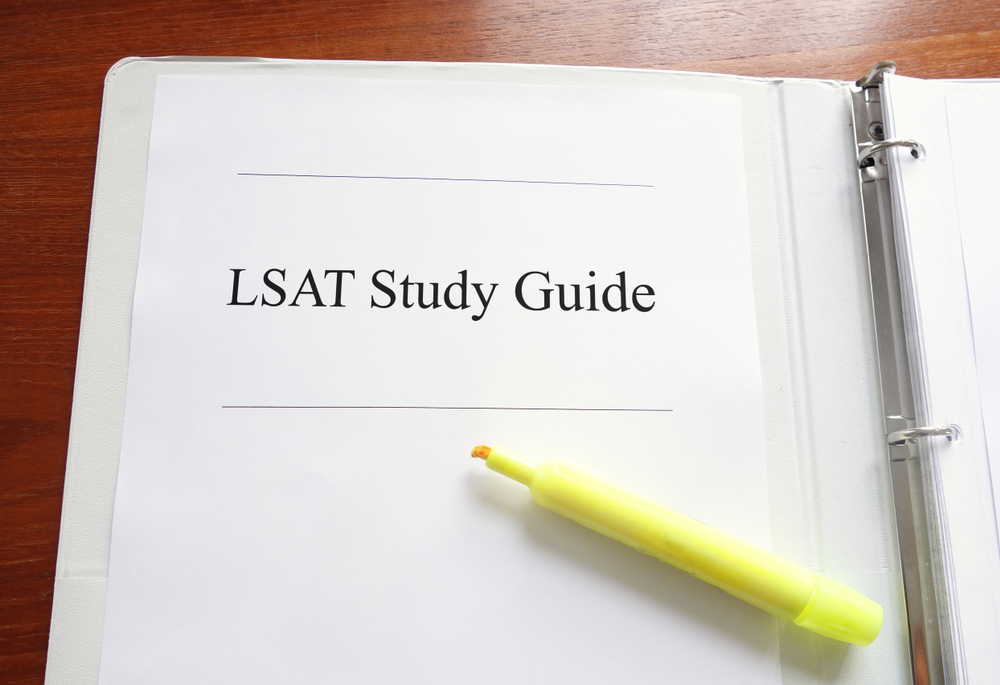How Studying for the LSAT Sets You Up for Success in Law School
Working as a lawyer can provide several benefits. This career offers a wide selection of employment opportunities, and provides platforms for mental stimulation and intellectual challenges. Being able to argue and debate, along with having a unique working environment, are also reasons why being a lawyer can be such a rewarding career.
But, before you can be a certified lawyer, you first have to prepare for the LSAT. The Law School Admission Test is a standardized examination given to aspiring lawyers, and which they need to pass before getting admitted to the law school of their choice. This test aims to test the students’ skills in critical reading, persuasive writing, analytical reasoning, and logical reasoning.
Aside from being a requirement in most law schools in the United States, Canada, and Australia, you should study for the LSAT because it affects your success in law school in general. Here’s how:
1. It’s The Most Important Part Of Your Law School Application
Usually, admission authorities will look at your ACT/SAT and GPA scores, along with your extracurricular activities and community involvement throughout high school. These factors influence your chances of getting into a specific college or university. Doing well with the exam is not an easy task. A simple preparation often is not enough and you will have to have a plan or some sort of study schedule. There are plenty of resources online to improve your LSAT scores.
High school graduates having 4.0 GPA and ACT scores are not guaranteed to immediately get into a good college. In fact, their college applications can get denied if they don’t have any social activities outside of their schools.
Law schools, on the one hand, follow a different structure. Unlike other college admission processes wherein both your extracurricular activities and community involvement affect your application, law schools heavily depend on your GPA and LSAT scores. Regardless if you’re the most athletic college student or one who practices time management in handling different responsibilities in the community, if you have low GPA and LSAT score, you can never get into a law school.
Conversely, if you earned a 99th percentile (raw score of at least 90, scaled score of at least 173) LSAT score and have an undergrad GPA of 4.0, you’ll be admitted to every law school in your country. High LSAT score and GPA can warrant your admissions to the country’s top law schools.

2. It Can Help You Save Money
Law school isn’t cheap. On average, attending a public law school can cost you $43,020. For students who are planning to apply for a law school outside of their state, they’ll need to pay more for their rent and transportation.
For students who are living on a shoestring budget, paying for the costs required in law school can cause a lot of stress to them and their entire family. Since most students will apply for loans to be able to afford law school, they’ll end up paying debts with high-interest rates and will continue to do so even after they’ve finished law school.
Studying for your LSAT can help you steer away from this direction. The score you earn from the test also serves as your qualification for scholarships and grants. Depending on the regulations of the law school, you may enjoy a full-tuition scholarship if your LSAT score is above the 75th percentile (raw score of at least 68, scaled score of at least 159).
By exhausting all of your resources to study for your upcoming LSAT, you can enjoy everything a law school has to offer without paying a single dollar for it. Some law schools even provide accommodation and living stipends to students who get high scores from their LSAT.
3. It Shows You The Errors Of Your Way
The topics covered by the LSAT are essential skills for every student to succeed in law school. This is also the reason why law schools will use your LSAT scores to determine if you’re mentally prepared to start your journey in law school.
By taking the LSAT and reviewing your scores, you will determine what your strengths and weaknesses are. Identifying these even before you start law school will make it way easier for you to adjust your study plan so you can focus on your weak areas.
If your LSAT scores indicate that you perform well on critical reading but needs significant improvement in logical reasoning, you can easily streamline your efforts in order for you to gradually polish your skills in certain areas, so you will be well equipped the moment you start law school.
Your LSAT scores will motivate you to look for other study materials or ask help from professionals who can help you on certain subjects. Moreover, identifying your weaknesses and working on improving them will surely mold you holistically, increasing your chances to excel in law school!
Success Is Attainable
Law school is very demanding, which is why not everyone has the guts to even give it a try. But, although challenging, succeeding in law school isn’t impossible. Understanding your strengths and weaknesses, reading regularly, and seeking help whenever you need it, aside from exerting time and effort to prepare for your LSAT, can surely pave your way towards success!

